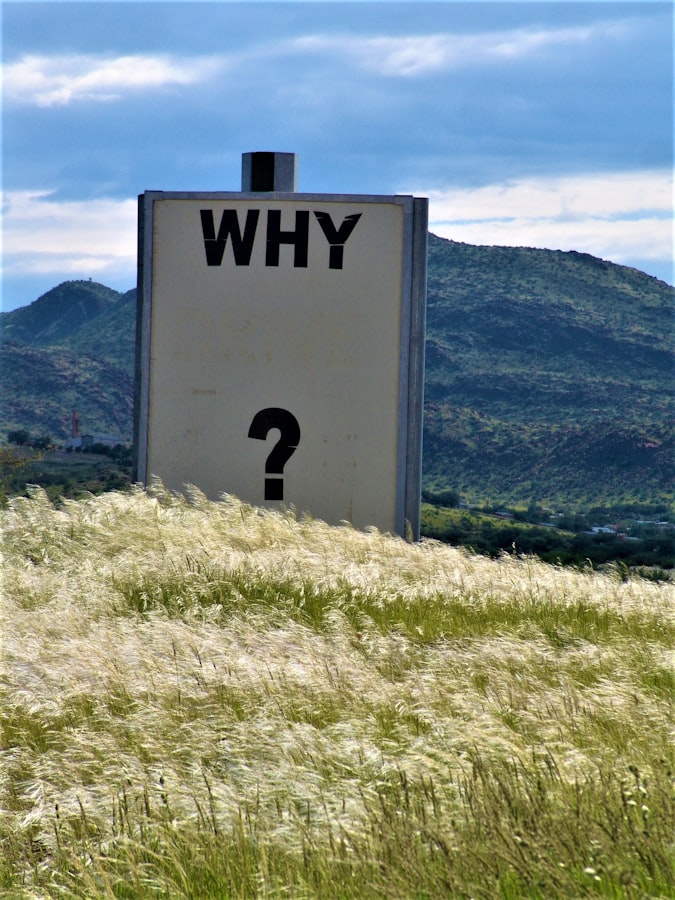 |
| Photo by Ken Treloar. |
A friend of mine posted this Quora Q&A on Facebook, and I was quite taken with it.
The question: How did society shift so abruptly to a politically correct culture? Everyone was saying whatever they wanted and no one would bat an eye, but now everything's a micro-aggression?
The answer comes from a man named Peter Kruger, who starts by referencing a saying, "don't ask why before you ask if."
I've never heard this saying before, and a quick google search brings up only one other hit: another social justice-related Quora conversation. So I don't know where it started, but I think it should pick up and spread like wildfire.
Don't ask why before you ask if.
Every time we ask ourselves, as we humans are wont to do, why society is like this, why all people are like that, why some particular group of people does this, let that be a cue to first toss out that why and insert an IF! Then we can ask ourselves IF society really is like this, IF all people really are like that, and IF some particular group of people really do this.
Then, of course, we've got to give that "if" a chance. We are asking 'why' because we have seen or experienced something that bothers us, it could be easy to immediately say that YES, yes, our statement is, indeed true. After all, we wouldn't be asking why everyone gets offended so easily if we didn't see everyone getting offended so easily.
To really give our if a chance, we've got to grab that old devil's advocate hat (a hat so beloved by so many): what are the assumptions embedded in our question? Is there counter-evidence? Could we be misreading the situation? What would someone who disagrees with us say? Are there people who will have different experiences?
For the example of the Quora question, the assumptions are that society has shifted, that everyone used to be able to say whatever they wanted, that nobody would bat an eye when things were said, and that now everything is a microaggression.
The response agrees that society has shifted and disagrees that everyone used to say whatever they wanted and that nobody batted an eye.
That's where it gets interesting.
So wherever it came from, let's all try to ask if before we ask why. (Or, more realistically, to ask why, be bothered by it, then remember we are supposed to ask if first, try to reconsider, struggle to do so, and then maybe get better at seeing different perspectives.)
Sign up for my email newsletter for a weekly digest and bonus content!

No comments:
Post a Comment